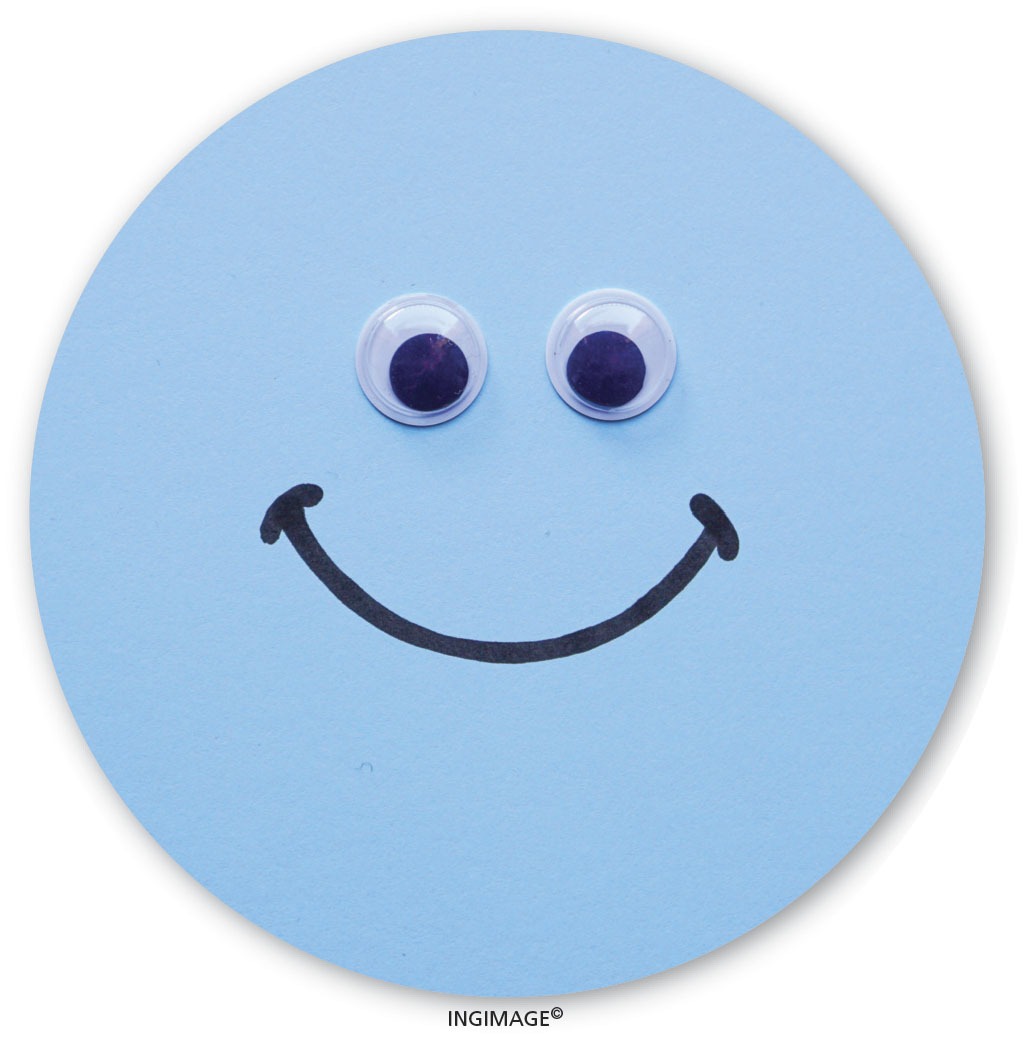MIND POWER
THE HAPPINESS ADVANTAGE
Learning the science and art of feeling good by Archana Law

Tibetan spiritual leader the Dalai Lama says happiness isn’t ready-made; it comes from your own actions. In a world chasing productivity, status and prestige, the pursuit of happiness often feels like shooting at a moving target. We treat happiness like a destination rather than a journey.
But what if it’s the other way round?
A question many ask today is: ‘What constitutes happiness?’ Philosophers, pundits and ordinary people have grappled with this question since the earliest times.
The Greeks puzzled over happiness for generations. Hedonistic Greek philosopher Aristippus of Cyrene believed happiness was pleasure – and indulgence was the goal. He didn’t feel that values had any real worth.
Aristippus and polymath Aristotle may have lived before the dawn of cognitive neuroscience but their thinking pointed to something we now know to be true: diverse feelings of happiness correlate with the presence of distinctly different brain chemicals.
And although these two pondered over happiness long ago, the questions they asked are relevant to this day.
So what’s the happiness we seek, what causes it and why do we long for it? And what are we willing to do to acquire it? Are we sure the happiness we seek is truly satisfaction rather than distractions and indulgence that are dangled before us in the modern world?
In his best-selling book titled The Happiness Advantage, psychologist Shawn Achor turns this idea on its head. His research backed core message is simple yet powerful: happiness isn’t the result of success; it’s what fuels it.
When we’re positive and optimistic, the brain performs much better; it is more creative, focussed and resilient. This in turn gives us a competitive edge in work and life – namely, the happiness advantage.
According to the 14th Dalai Lama, the purpose of life is to be happy. Blending spiritual insights with Western psychology in his timeless book titled The Art of Happiness, he writes that happiness is something we cultivate by choice through compassion, inner peace and conscious living – despite experiencing pain and suffering.
Sowhy do some people seem naturally joyful while others feel stuck despite their external successes? And most importantly, can we train ourselves to feel good more often?
Researchers often distinguish between two types of happiness – hedonic (from positive experiences such as a good meal, a relaxed vacation and so on) and eudaemonic (fulfilment through meaning, purpose and contribution).
True happiness requires both joy in the moment and a sense that your life matters.
Neuroscience tells us that our brain is wired with a negativity bias – a survival instinct that makes us notice threats more than blessings. Even when things are going well, we may feel dissatisfied, anxious or restless.
Through intentional practices however, we can reverse this tendency and literally rewire our emotional default settings.
Researcher Dr. Sonja Lyubomirsky suggests that 50 percent of our happiness is genetic (baseline temperament); 10 percent is based on life circumstances (money, relationships and health); and 40 percent is influenced by intentional activities.
So nearly half of our happiness is within our control!
Here are seven ways to be happier…
GRATITUDE One of the most well researched happiness boosters is gratitude. It shifts your focus from what’s missing to what is meaningful. Try writing down three things you are grateful for every night – be specific and don’t repeat.
SOCIALISING Studies show that strong relationships are the best predictor of long-term happiness more than income, job titles or health. Call a friend to check in and listen without multitasking.
IMMERSION Flow is the state of being fully immersed in an activity, oblivious of time and completely losing yourself in what you’re doing. Make time for activities such as painting, coding, running or playing music, which challenges and absorbs you.
APPRECIATION We rush through life, rarely absorbing experiences. Linger in positive emotions by noticing, naming and extending them. Instead of drinking coffee on the go, sit down to taste and appreciate it.
KINDNESS Helping others makes you feel better about yourself. Even small acts such as holding a door open, sending a kind message or contacting a long-lost friend can elevate your mood and reduce stress.
FULFILMENT According to Austrian neurologist, psychologist and Holocaust survivor Viktor Frankl, happiness can’t be pursued; it must be the byproduct of pursuing meaning. Instead of asking how you can be happy, find out what makes your life worth living. When you do what matters, happiness follows.
STARTING SMALL Look around you and bless everything. Take deep breaths and choose progress over perfection – because happiness is about living in the present.





